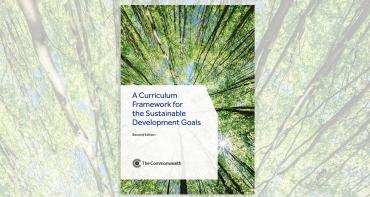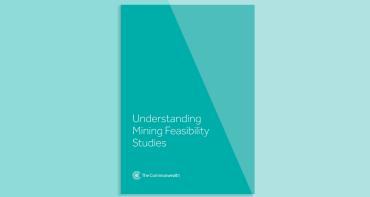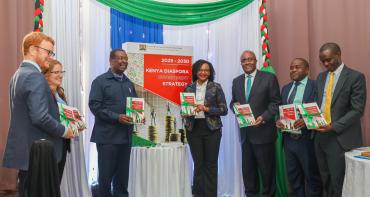Poverty is humankind’s greatest challenge, affecting more than one billion people globally. To address this immense task, the Multidimensional Poverty Peer Network (MPPN) held its 9th annual meeting in Tashkent, Uzbekistan, at the end of August.

Kelebogile Maimela, Head of Innovation and Partnerships at the Commonwealth Secretariat, participated in a panel discussion on regional cooperation for poverty alleviation at the event. She reminded the forum that of the 56 member countries, 33 are small states – including small island developing states.
She made the crucial point that no country can fight poverty alone. The three-day dialogue brought together global leaders, policymakers, economists, and experts from 63 countries and over 20 international organisations, including the Commonwealth Secretariat, to deliberate on key issues in the fight against poverty.
In her speech she said:
"Poverty alleviation cannot be achieved in silos, collaboration and partnerships play a significant role. Partnerships have become an essential paradigm in sustainable development as they bring different perspectives together. They provide expertise, reach and innovative approaches that can increase efficiencies and impact whilst building additional internal capabilities. We work closely with our partners to achieve and deliver our mandates.
“Poverty has multiple factors contributing to it and cannot be addressed using one mechanism. Poverty is both a cause and a consequence of human rights violations. There are many barriers faced by persons living in poverty. That is why our journey to alleviate poverty must include a multifaceted approach.”
To “end poverty in all its forms everywhere” is the first Sustainable Development Goal, but if it is not addressed, consistently and innovatively, only one-third of countries would have halved poverty in their nations.
According to the Multidimensional Poverty Index (MPI) 2023 1.1 billion people in the world are poor. The MPI identifies that the higher the incidence of poverty in a community or country, the higher the intensity of poverty that people experience. The report also states that half of the 1.1 billion people are children younger than 18 years old, and it points to the fact that most poor people – estimated at 84% - live in rural areas.
Ten million of the 12 million people with the highest of the MPI's deprivations scores live in Sub-Saharan Africa, which include 21 Commonwealth member countries.
Kelebogile Maimela also shared that it takes an intentional first step to begin to eradicate poverty:
“To alleviate poverty countries must start somewhere; intentionality and commitment is essential. Poverty is cyclical and requires intervention, and this is where progressive realisation becomes important. Progressive realisation is centred around countries having the political will to do something, despite how small it might be.”
Over the course of the forum, participants had the opportunity to look at poverty from all angles, share country experiences and to discuss best practices to expedite the reversal of current poverty trends.
Media contact
-
Suné Kitshoff Senior Communications Officer, Communications Division, Commonwealth Secretariat
- M: +44 7740 450 901 | E-mail



